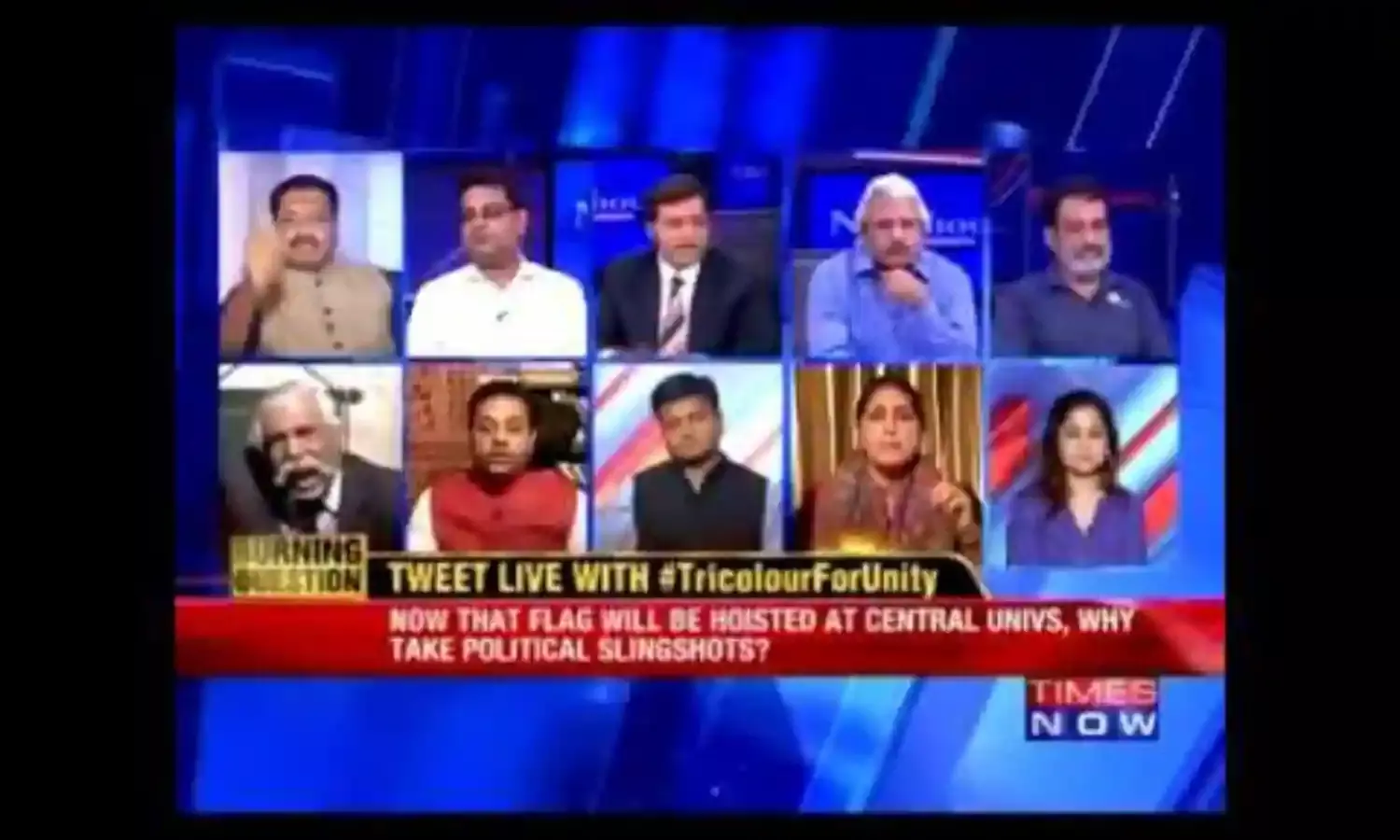When Veterans Forget the Unity of the Military to Play Politics Instead
Political polarisation;

As the institutional angst of the Armed Forces brews--- following questionable orders like lifting of traffic restrictions for civilians in the cantonments, utilising military manpower to clear garbage or build railway bridges, inaccurate spin-doctoring of military heroes in electioneering, cuts in order for the assault rifles, unending OROP sophistry---blame for the debilitation of the institution invariably falls on the politico-bureaucrat combine or the ostensibly servile, serving ‘Generalship’ of the Armed Forces.
Somewhere conveniently, as the surrogate ‘voice’ of the Armed Forces, the Veterans, have incredulously forgotten their own actions (or inactions) as the systematic degradation and devaluation of the institution, started at the time of Independence itself.
The fact remains that as the legitimate and only plausible ‘voice’ of the institution, the Veterans too have got too politically polarised and dangerously disunited in either defending or venting against the dispensation of the day.
2014 General Elections was the turning point in the political baptism of the Veterans, with the Rewari rally assuming the defining moment of the political usurpation of the ‘Indian Soldier’.
Ironically, the electoral gratification of appropriating the imagery of the ‘Indian Soldier’ was not just to bank the Veteran vote, in as much as it was to build compelling credentials of political-muscularity, ultra-nationalism and governance-decisiveness that would logically accrue to any political party that sought to project itself as the champion of the ‘Indian Soldier’.
Post-elections, political pragmatism and basic disinterest ensured a sub-optimal One Rank One Pension (OROP), continuing shortages in weaponry and equipment, and the unthinkable spectre of war heroes languishing on the footpaths of Delhi. However, armed with promises (later clarified as jumlaas), a new phenomenon of ‘primetime warriors’ emerged in the TV newsrooms, resplendent in their tilted Military caps, blunting any contrarian views with an immediate moral/nationalistic cover, that was afforded naturally to Veterans.
Unknowingly, the politicalisation of the ‘Indian Soldier’ ensued in full swing and the politicians were delighted to use the invaluable ‘covering fire’ offered by the Veterans in slamming any opposition view as ‘anti-national’, in an ever expanding interpretation.
The concept of ‘larger good’ ensured that the inherent untruths in overtly political claims like ‘first time ever’ (prefixed to the ‘Surgical Strikes’) were allowed to become a gospel-truth. And even when some partisan Veterans were challenged on the specific claims, they fired back with arguments referring to undeniable blunders of previous dispensations, as the justification for ‘minor’ inaccuracies.
The groundswell of ultra-nationalism was inadvertently injected with the emotional testosterone offered by the ‘newsroom warriors’ who allowed political moves to be defended as prudent for the Armed Forces.
This led the wily politicians to obfuscate uncomfortable decisions like demonetisation, student protests etc. in the inexplicable context of the ‘Indian Soldier’!
Political deflection was further afforded by finger-pointing to the past trysts with the likes of VK Menon, Nehru or even Mulayam Singh as the Defence Minister – and a sweeping political narrative of ‘one better than the other’ was successfully constructed and delivered to the political classes by some Veterans.
Rectitude and the deliberately apolitical moorings which are the cornerstone of a professional military in any democracy, were sadly the foremost casualty in the new construct of the institutional domain. And the ‘voice’ of the Veterans acquired a distinctly political slant with a proselytizing tone, militating against the age-old ethos of ‘band of brothers’ or the spirit of ‘leave no man behind’, that defines the soldering code, profession and unity.
It is no one’s case that the Veterans should not partake of political opportunities post-retirement.In fact, there is an urgent need for more participation. Given their leadership experience in the most challenging of environment the Veterans can certainly be utilised for better governance.
In the US, one in every five lawmaker is a Veteran – however when it comes to the issues pertaining to the institution of the Armed Forces, a ‘closing of ranks’ in the best interest of the institution usually plays out, irrespective and often contrary to their own party positions.
For instance Republican John Kasich had refused to endorse Donald Trump’s Presidential nomination following his infamous diatribe against a slain Muslim US soldier. Kasich had noted, “There’s only one way to talk about Gold Star parents: with honour and respect”. Or again as another Republican and veteran John McCain fighting cancer has recently made clear that he would not want Donald Trump at his funeral.
The algorithms of religion, region, caste or race that define political debates are natural anathema to a soldier and the armed forces, hence the need to protect the domain from any political affiliation, misuse and appropriation. In India, some Veterans have surrendered that apolitical high-ground.
A monolithic military ‘voice’ that singularly swears to the Constitution of the India and not to an individual or political party on matters pertaining to the Armed Forces, is the most powerful push-back to any potential misuse, mishandling and degradation of the institution.
Veterans cannot allow themselves to pawn away their unmatched moral currency at the altar of political intrigues, language and guile.
The politico-bureaucrat combine can only damage the institution if allowed, and it is this breach of institutional camaraderie and apolitical high-ground that has opened the floodgates for invasive division.
All political parties irrespective of their ideologies, agendas and professed concerns have contributed to the current morass. The Veterans must go beyond the charming optics of Defence Ministers flying the de riguer fighter plane, and insist on probity, responsibilities and accountabilities.
It is time for serious introspection within the Veterans to coalesce on military matters, whilst, freely holding on to their political positions and enthusiasms on all other fronts.
(Lt General Bhopinder Singh (Retd) is Former Lt Governor of Andaman and Nicobar Islands & Puducherry)

